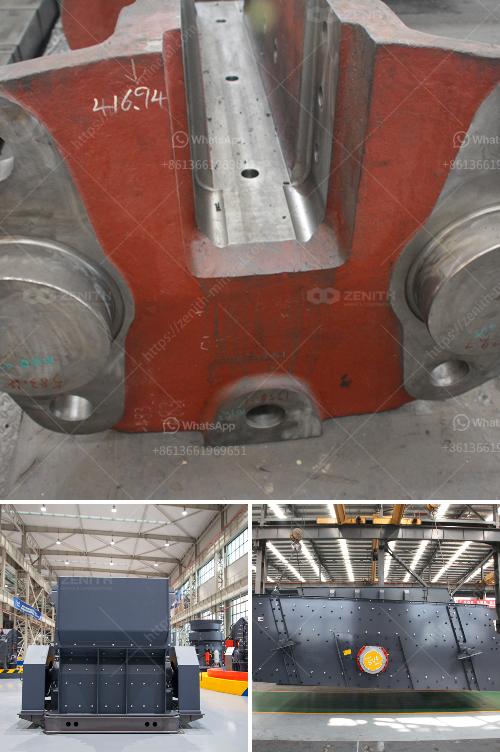Tension rods in jaw crushers can break due to several reasons, including:
Excessive Load: When a jaw crusher is consistently subjected to loads beyond its designed capacity, the tension rods are forced to endure additional stress, leading to potential breakage.
Material Fatigue: Over time, the continuous strain on the tension rods can cause material fatigue. This repetitive stress weakens the rods, making them more susceptible to breaking.
Improper Installation: If tension rods are not installed correctly or are not properly tightened, they can experience uneven distribution of stress, which can result in breakage.
Poor Maintenance: Lack of regular maintenance can lead to issues such as rust or corrosion, which weaken the rods and increase the likelihood of failure.
Shock Loads: Sudden impact loads, such as uncrushable material entering the crusher, can cause a rapid spike in stress, leading to potential rod failure.
Vibration and Misalignment: Excessive vibrations or misalignment of the tension rods can also contribute to uneven stress and eventual breakage.
Regular inspection, proper installation, and maintaining the crusher within its design limits can help mitigate the risk of tension rod failure.
